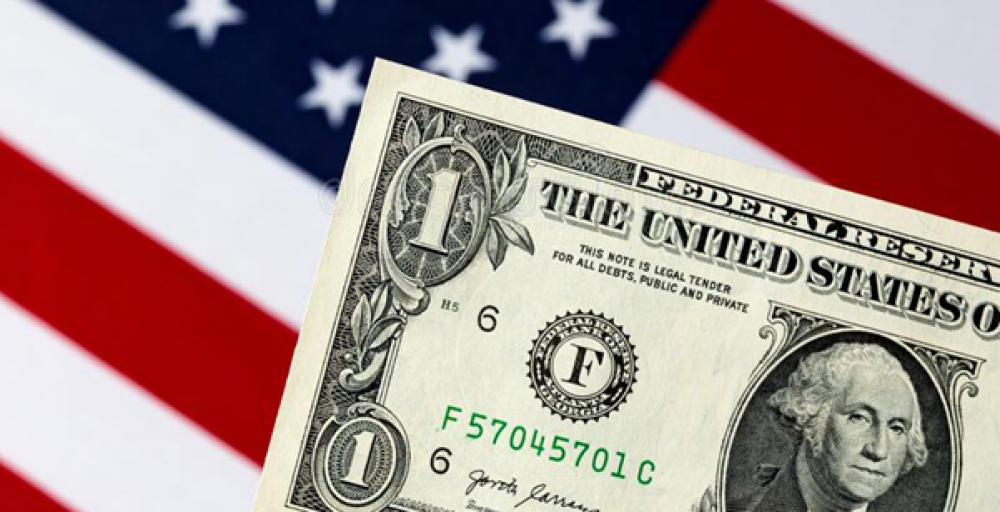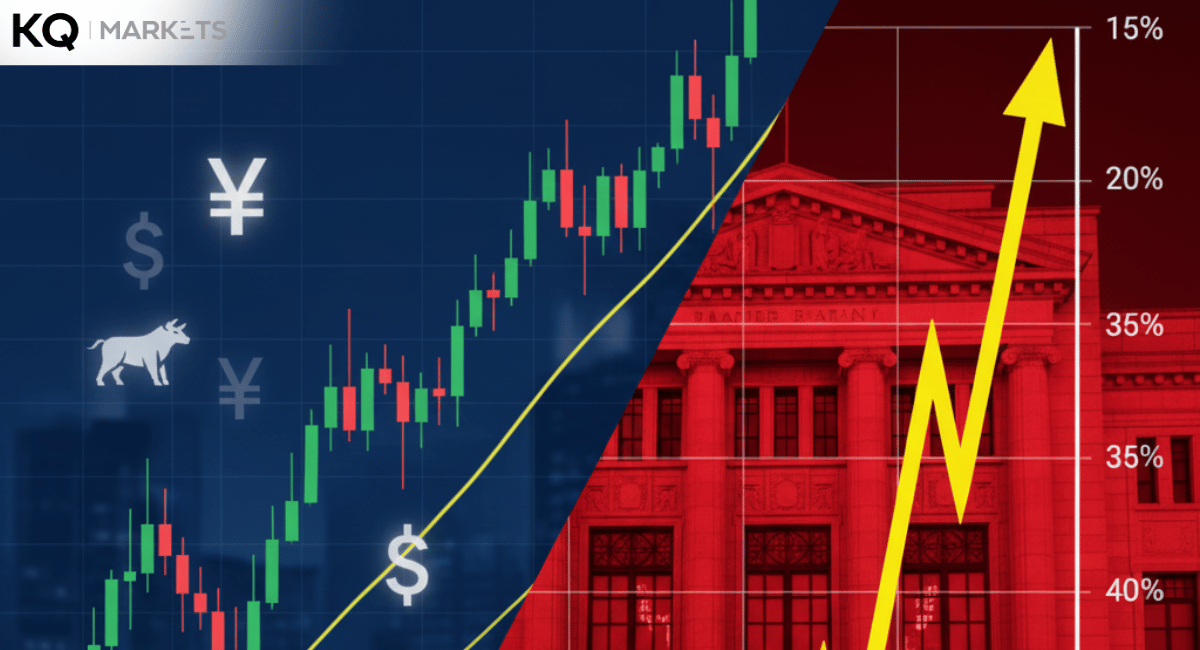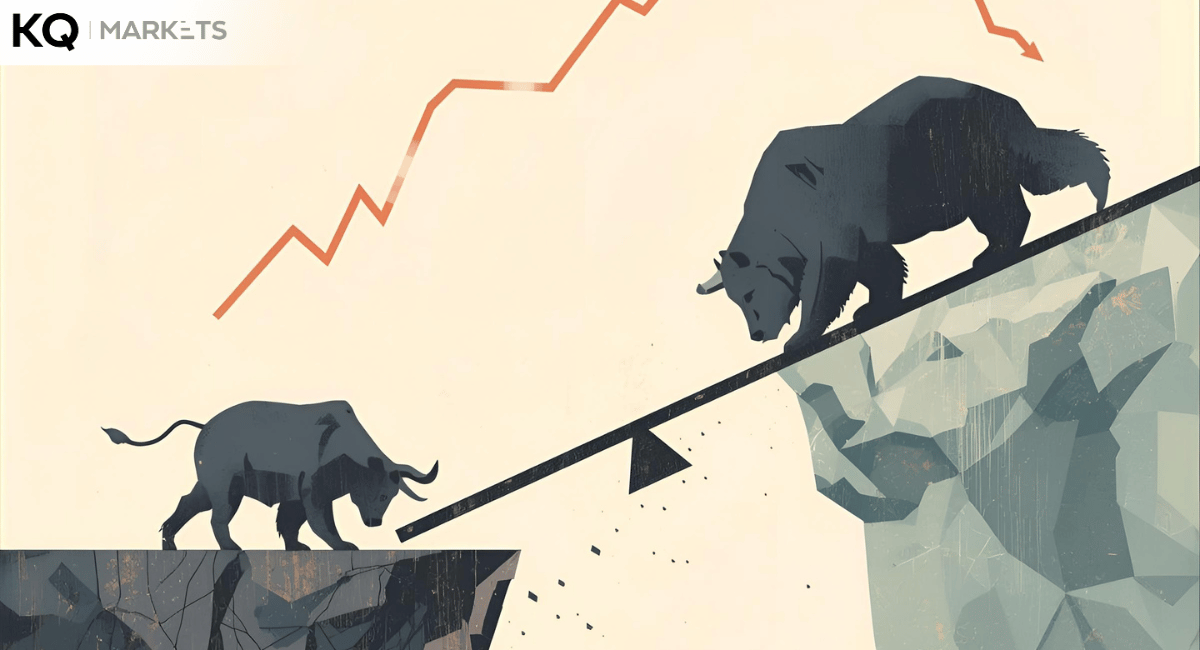The US dollar extended its decline after hitting the most substantial one-month drop in more than ten years. Thus, money managers are wary that it will keep falling. Traders dialed back wagers regarding the Benchmark’s index interest rate. They are unsure of the Federal Reserve’s next move about it. Meanwhile, institutional investors like insurance companies and pension funds have amassed the most significant net short position over the past month.
This shift has not happened on the greenback in almost one and a half years, according to the US CFTC (Commodity Futures Trading Commission). Moves from typically long-term and large investors lean against the greenback and pushed down the dollar index by 4.8% in November. The decline marks a shift that has not happened in over a decade. Even during US currency strength periods, asset managers remain consistently short of the dollar from 2017.
Recent data shows that what has changed is leveraged funds that feature more speculative investors turning to net sellers. In other words, it marks a shift from maintaining a positive change on the greenback in two months. The stock market might signal the US dollar heads for a sustained sell-off when leveraged funds and institutional investors become net sellers. Remember, this shift caused the previous weakness bouts for the greenback in 2020 and 2017.
Generally, the overall positioning for the US dollar became net short at the beginning of November as asset managers from JPMorgan Asset Management claimed the dollar’s bullish trend headed to a close. Early signs that the US inflation has attained its peak might prompt the Federal Reserve to slow rate hikes. Slowing down the pace of the hikes can help remove the critical source of the most recent greenback strength.
Analysts believe leveraged funds and asset managers might continue to cause short bets on the US dollar. Nonetheless, they are wary it might be premature to predict a long-term trend in dollar development to make it suffer declines. In any case, investors must focus on fundamental factors like the interest rates outlook and inflation readings to gauge a long-term dollar direction.
Powell has explained that the central bank won’t crash the economy via rate hikes. Overall, he explained that the Federal Reserve is likely to moderate the pace of interest rate increases from December onwards. Thus, the central bank has shifted its risk tolerance from asymmetrical favoring. Hence, it has over-tightened and is now more sensitive to growth risks.
Thank you for your attention and stay tuned for the most recent financial market changes. KQ Markets also provides an opportunity to open a free demo trading account. One can also start trading journey by learning to trade and practise at demo account. You can also direct access economic calendar here for free.
Read Also:
China Protests Rock Markets, Musk Lashes Out at Apple
UK Inflation Falls From 41-Year High as Fuel Price Surge Eases





